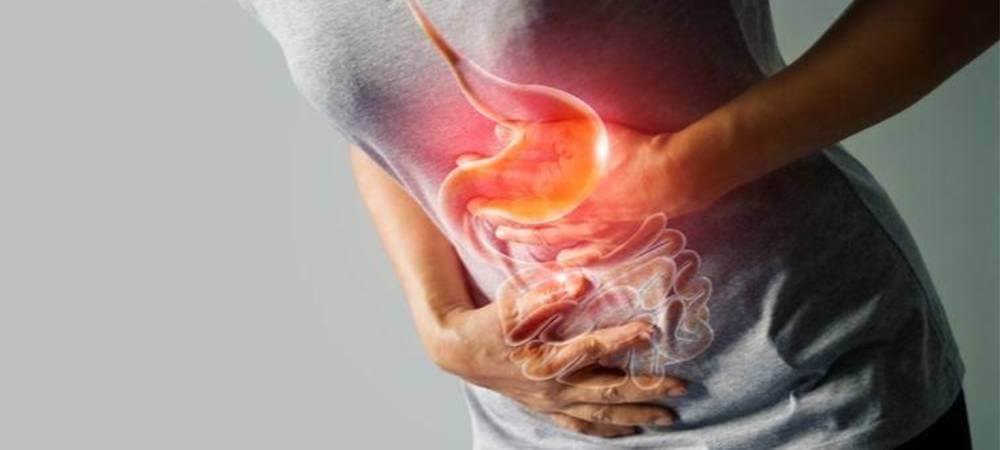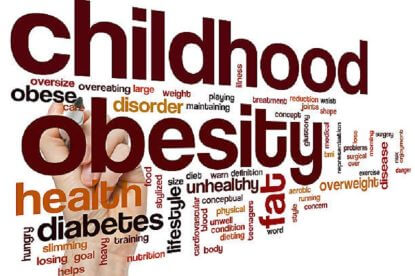Five common digestive disorders that may lead to big problems, full details
Mon 29 May 2023, 23:26:42

They say all health problems start from the stomach. It is important to keep the digestion good in order to stay protected from more serious diseases like Gastroesophageal reflux disease (GERD), Irritable bowel syndrome (IBS), and Crohn's Disease among others. If the digestion and metabolism are good, you will be able to keep all the diseases at bay. On World Digestive Health Day, have a look at the 5 common digestive disorders that may lead to big problems.
Gastroesophageal reflux disease (GERD):
Gastroesophageal reflux disease (GERD) refers to a chronic disorder in the gastrointestinal tract. The symptoms may arise throughout the gastrointestinal tract. From the upper part, the esophagus and stomach, they can include heartburn, acid reflux and indigestion (dyspepsia). For the lower parts (the intestines), chronic constipation, abdominal distension or bloating occurs.
Irritable bowel syndrome (IBS):
Irritable bowel syndrome is a common disorder that causes abdominal pain and largely affects the large intestine. The common causes are contractions in the intestine muscles, stress, changes in microbes,
and abnormal nerves in the digestive system. Symptoms like abdominal pain, diarrhea, bloating, vomiting, and weight loss are seen in patients.
and abnormal nerves in the digestive system. Symptoms like abdominal pain, diarrhea, bloating, vomiting, and weight loss are seen in patients.
Small intestinal bacterial overgrowth (SIBO):
small intestinal bacterial overgrowth (SIBO) refers to the condition in which there is a presence of excessive bacteria in the small intestine. It leads to chronic diarrhea and malabsorption. The symptoms include nutritional deficiencies, dehydration, weight loss and osteoporosis. While it is treatable, it can also recur.
Gallstones:
Gallstones are also a result of digestive disorders. In this condition, small stones form in the gallbladder. The symptoms include jaundice, nausea, vomiting, persistent pain below the ribs on the right side of the body, and sweating.
Crohn's Disease:
Crohn's disease is a type of Irritable bowel syndrome (IBS) that affects the small intestines. It causes inflammation in the GI tract. The symptoms include diarrhea, fatigue, stomach pain, and bloody stools. It may be due to an autoimmune reaction to certain bacteria in the digestive tract.
No Comments For This Post, Be first to write a Comment.
Most viewed from Health
AIMIM News
Latest Urdu News
Most Viewed
May 26, 2020
Is it right to exclude Bangladesh from the T20 World Cup?
Latest Videos View All
Like Us
Home
About Us
Advertise With Us
All Polls
Epaper Archives
Privacy Policy
Contact Us
Download Etemaad App
© 2026 Etemaad Daily News, All Rights Reserved.

























.jpg)
.jpg)
.jpg)


